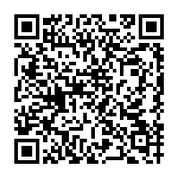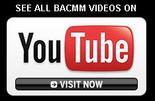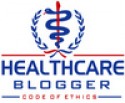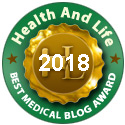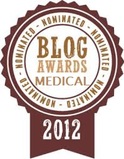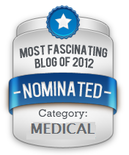AS A MEMBER OF THE MEDICAL PROFESSION:
- I SOLEMNLY PLEDGE to dedicate my life to the service of humanity;
- THE HEALTH AND WELL-BEING OF MY PATIENT will be my first consideration;
- I WILL RESPECT the autonomy and dignity of my patient;
- I WILL MAINTAIN the utmost respect for human life;
- I WILL NOT PERMIT considerations of age, disease or disability, creed, ethnic origin, gender, nationality, political affiliation, race, sexual orientation, social standing, or any other factor to intervene between my duty and my patient;
- I WILL RESPECT the secrets that are confided in me, even after the patient has died;
- I WILL PRACTICE my profession with conscience and dignity and in accordance with good medical practice;
- I WILL FOSTER the honor and noble traditions of the medical profession;
- I WILL GIVE to my teachers, colleagues, and students the respect and gratitude that is their due;
- I WILL SHARE my medical knowledge for the benefit of the patient and the advancement of healthcare;
- I WILL ATTEND TO my own health, well-being, and abilities in order to provide care of the highest standard;
- I WILL NOT USE my medical knowledge to violate human rights and civil liberties, even under threat;
- I MAKE THESE PROMISES solemnly, freely, and upon my honor.
For 2500 years The Hippocratic Oath has been referenced as the 'gold standard' of medical ethics.
HIPPOCRATIC OATH: (MODERN VERSION)
- I swear to fulfill, to the best of my ability and judgment, this covenant:
- I will respect the hard-won scientific gains of those physicians in whose steps I walk, and gladly share such knowledge as is mine with those who are to follow.
- I will apply, for the benefit of the sick, all measures [that] are required, avoiding those twin traps of over-treatment and therapeutic nihilism.
- I will remember that there is art to medicine as well as science, and that warmth, sympathy, and understanding may outweigh the surgeon's knife or the chemist's drug.
- I will not be ashamed to say "I know not," nor will I fail to call in my colleagues when the skills of another are needed for a patient's recovery.
- I will respect the privacy of my patients, for their problems are not disclosed to me that the world may know. Most especially must I tread with care in matters of life and death. If it is given me to save a life, all thanks. But it may also be within my power to take a life; this awesome responsibility must be faced with great humbleness and awareness of my own frailty. Above all, I must not play at God.
- I will remember that I do not treat a fever chart, a cancerous growth, but a sick human being, whose illness may affect the person's family and economic stability. My responsibility includes these related problems, if I am to care adequately for the sick.
- I will prevent disease whenever I can, for prevention is preferable to cure.
- I will remember that I remain a member of society, with special obligations to all my fellow human beings, those sound of mind and body as well as the infirm.
- If I do not violate this oath, may I enjoy life and art, respected while I live and remembered with affection thereafter. May I always act so as to preserve the finest traditions of my calling and may I long experience the joy of healing those who seek my help.
Written in 1964 by Louis Lasagna, Academic Dean of the School of Medicine at Tufts University, and used in many medical schools today.

 RSS Feed
RSS Feed
